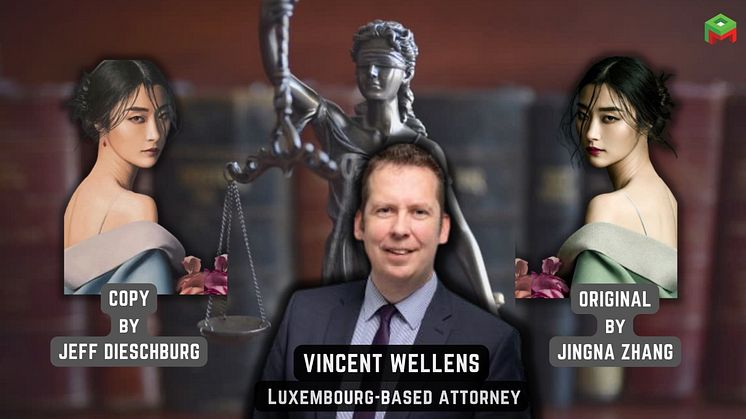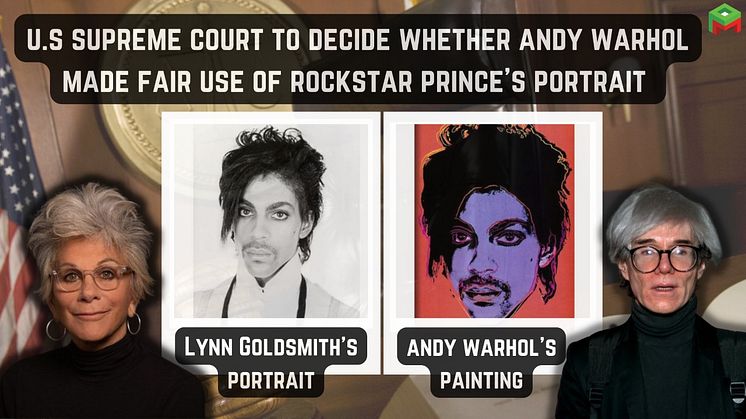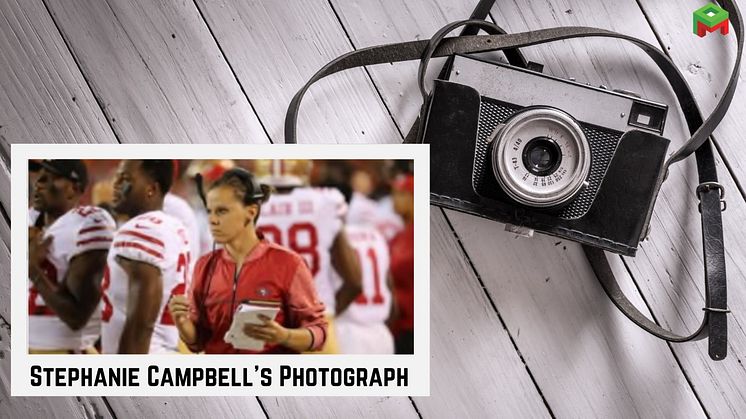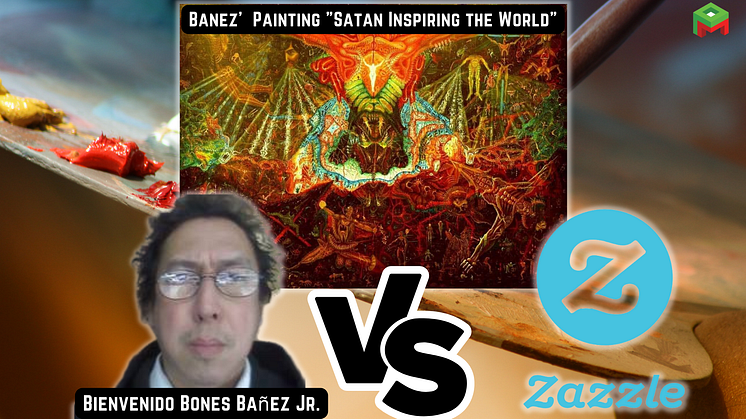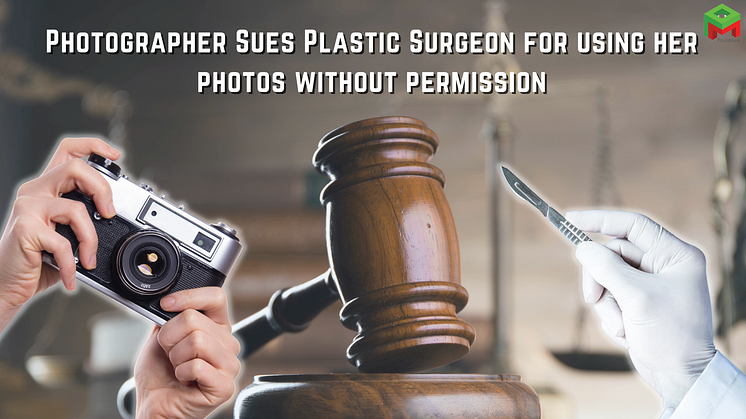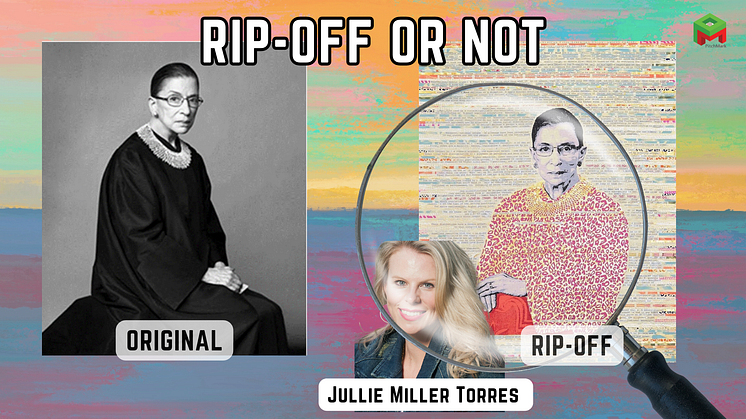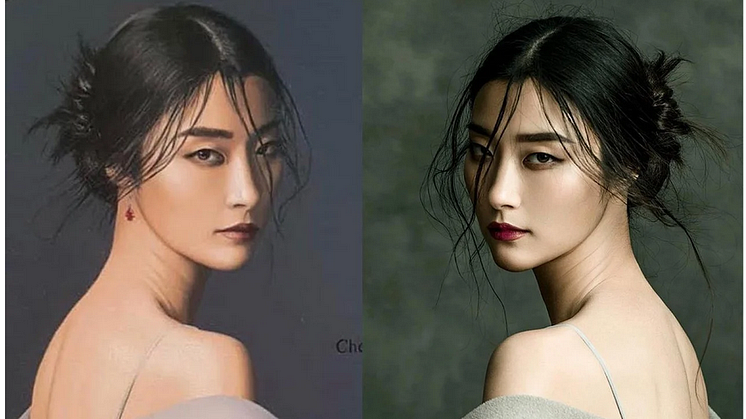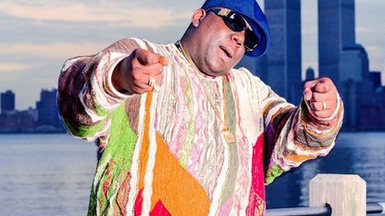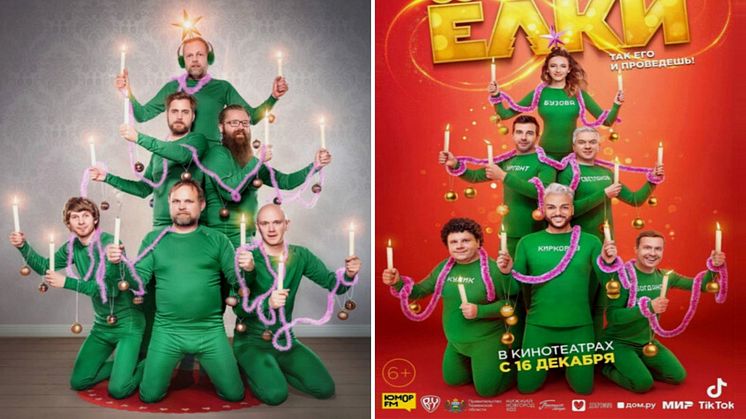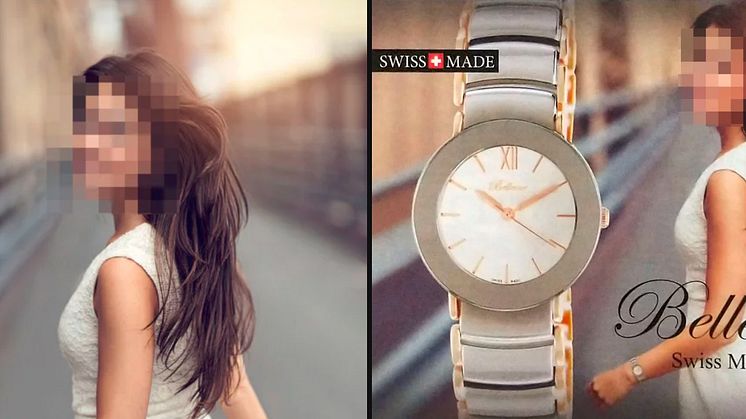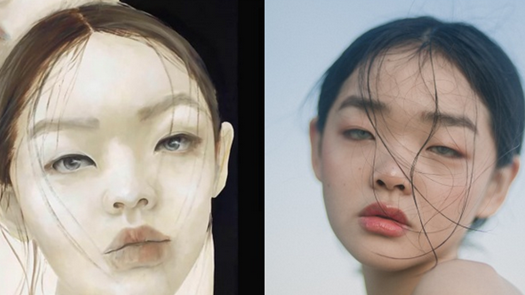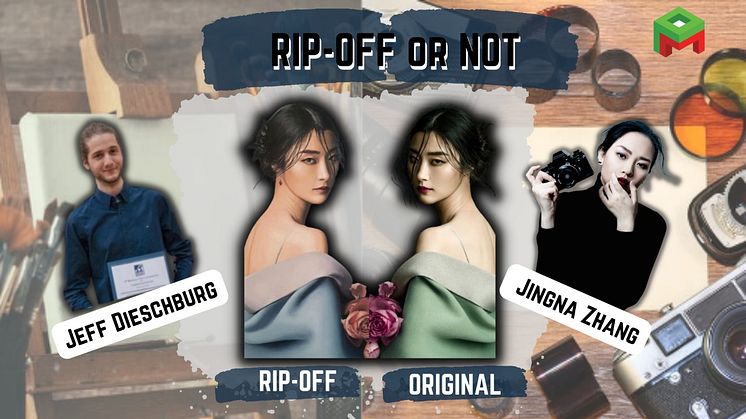
News -
Singaporean photographer Jingna Zhang accuses Luxembourg student artist of plagiarizing her work for award-winning painting
Singaporean photographer Jingna Zhang, who is currently based in the United States, has filed a lawsuit against Luxembourg-based art student Jeff Dieschburg accusing him of painting a picture that is almost identical to a photo she shot in the past.
The artist has denied the plagiarism allegation, but he doesn’t deny taking inspiration from the photo. Zhang, on the other hand, believes a “person photographed in a photoshoot does not automatically lose the right to their likeness the moment their images are released to the public.”
The young student painter had exhibited his painting titled "Turandot" at the biennial art fair in Strassen, Luxembourg, along with some 35 other artists presenting their artworks. He even won a prize of 1,500 Euros for his work, which is displayed for sale with a price tag of 6,000 Euros.
However, the painting is almost identical to a photo that 34-year-old Zhang had originally shot with South Korean model Ji Hye Park for the cover story of the Vietnam magazine Harper's Bazaar in 2017.
Zhang, after being alerted about a possible case of plagiarism, took to social media to voice her concerns.
She posted the two images side-by-side on social media and shared her communication with Dieschburg, in which he denied the accusation.

The differences between Zhang's photo and Dieschburg's painting are the color of the model’s clothes, the direction she is facing, and the earrings and a sword that have been added to the painting.
In the post, she said: “Just because I or other creators share our work online, it doesn’t mean that our work are suddenly free for all to exploit.”
She is happy to let students reference her “work for studies or practice, so long as it’s not for official portfolios, commercial gain, and always credited.”
Zhang even pointed out that the artist had ripped off her “own photography numerous times,” in the past, and “included pictures of her own photos”.
She was even annoyed with the student artist doing interviews “shamelessly” and claiming credit despite copying the work.
In his email reply to Zhang, Dieschburg denied the allegations and justified it by saying that if one published a photo publicly, “you automatically give up certain rights.”
However, he does not deny that his work was inspired by her “artistic choices” such as the posture of the model but claims that he created an image in “an artisanal way” that was different.
He further argued: “As a figurative painter, it’s obvious that he needs reference materials” and “he was inspired by someone else who appropriated” her photos first.
Dieschburg told a local newspaper that the use of other people’s work is a “common strategy” in the art world, and he is “still a student” and needs “references to transcribe the world around him”.
"A painter can appropriate a material and transpose it into another context. I defend the principle of mimicry,” Dieschburg argued.
The organizers of the exhibition were not aware of Zhang’s works prior to awarding the prize, and have underscored their commitment to copyright protection.
They have also affirmed that they would remain “impartial” by allowing each side’s respective lawyers to decide the case. Meanwhile, the jury who gave the award is also consulting a “specialist” in the matter.
Dieschburg’s lawyer has defended his actions by saying that he "can’t stand an exceptional talent be persecuted for nonsense", and "those who accuse him are mistaken."
Zhang’s lawyer tried to settle the dispute amicably by asking Dieschburg to return the award and the prize money and insisted on halting the sale of the painting.
Dieschburg’s lawyer is standing by their justification that he is a “genius”, and his painting is not a violation of private property.
When negotiations failed, Zhang’s lawyer filed a writ of summons so that a judge can decide the dispute between the two artists.
This is not the first time Dieschburg has plagiarized others' work. Another photographer Bekka Bjorke has also come out and spoken about the same experience with him and shared photos as proof.
PitchMark covered a similar story in May. Singaporean model Duan Mei Yue had accused Russian artist Angelina Poveteva of painting the likeness of her face on a topless body, exhibiting the painting at a Moscow art fair, and selling it without her consent.
Duan wanted to sue Poveteva, but it is nearly impossible in the current environment after Russia passed a law to legalize copyright theft from unfriendly countries.
PitchMark helps innovators deter idea theft, so that third-parties that they share their idea with get the idea but don’t take it. Visit PitchMark.net and register for free as a PitchMark member today.

